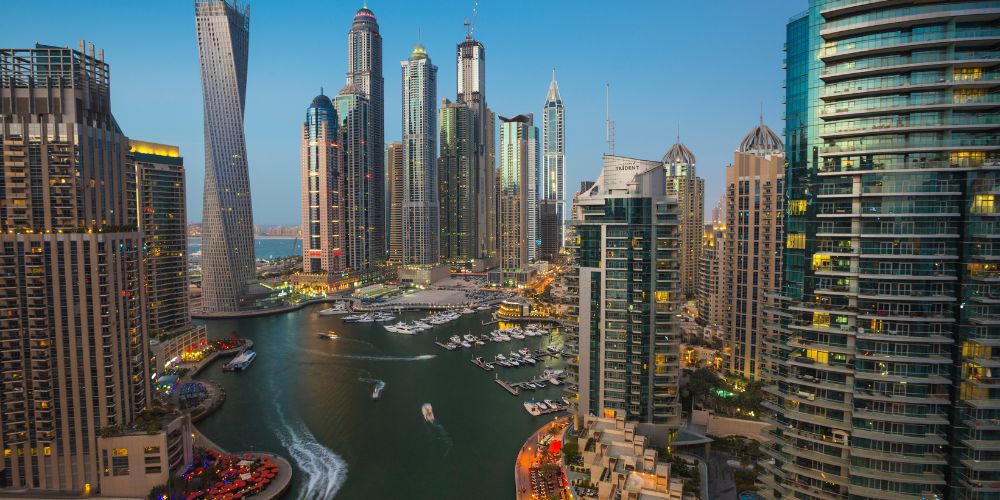
Dubai One Freezone Passport: Learn how to expand your business with one license
Dubai, one of the world’s most attractive destinations for investment and entrepreneurship, keeps strengthening its leadership through bold reforms. Among the most recent is the One Freezone Passport, launched on July 22, 2025, by the Dubai Free Zones Council (DFZC). This landmark initiative streamlines and unifies the regulatory framework of the emirate’s free zones. For international companies seeking to expand in Dubai, it represents a significant opportunity to grow while reducing administrative hurdles and cutting the costs traditionally linked to obtaining new business licenses. Magellan, your expatriation advisory partner, breaks it down for you.
What is the One Freezone Passport?
The One Freezone Passport allows a company already licensed in a Dubai free zone to operate in other participating free zones without needing to apply for a new commercial license or set up a separate legal entity.
Traditionally, each free zone required a specific license before a business could operate within it. While secure and structured, this process was often lengthy and expensive, particularly for companies aiming to scale across multiple free zones. The One Freezone Passport removes this obstacle: businesses can now expand into several free zones under a single license, while keeping the same shareholders, directors, and managers.
This reform fits into Dubai’s broader strategy of enhancing its appeal to foreign investors and aligning its regulatory environment with international best practices. It also supports the Dubai Economic Agenda D33, the long-term plan to double the emirate’s GDP by 2033.
Why is the One Freezone Passport a strategic reform?
For decades, Dubai has been standing out for its huge network of specialized free zones covering logistics, finance, technology, trade, healthcare, media, and design. These zones offer major advantages to foreign businesses, such as:
- 100% foreign ownership, with no requirement for a local partner.
- Tax exemptions, including favorable corporate and income tax rates.
- Streamlined customs processes and world-class infrastructure.
- Independent regulations, tailored to industry-specific needs.
However, this diversity also created redundant processes and administrative hurdles for companies expanding across zones. The One Freezone Passport solves these issues by:
- Reducing duplicate licensing: one license is enough to operate across multiple free zones.
- Accelerating expansion: faster setup times mean companies can move quickly from planning to execution.
- Encouraging cross-sector collaboration: firms gain access to infrastructure and opportunities across different industries, fostering synergies and innovation.
- Optimizing costs: fewer licenses mean lower administrative fees and reduced compliance burdens.
The program’s first success story came with Louis Vuitton, which became the first company to use this new model. The brand now operates under a single license across both the Jebel Ali Free Zone (JAFZA) and the DWTC Free Zone, proving the model’s practicality and efficiency.
How does it work, and who can apply?
The One Freezone Passport is based on an agreement coordinated by the DFZC, which brings together representatives from Dubai’s free zones and key government authorities. The goal is to improve cooperation between zones and facilitate trade.
While flexible, the program has some clear rules:
- Activities in the secondary free zone must match those authorized in the primary zone.
- Shareholders, directors, and managers must remain the same across licenses.
- Virtual, flexi, or shared offices are not allowed in the secondary zone.
- Certain activities, such as retail trade and regulated financial services (DNFBPs), are excluded.
- Work permits remain technically limited to one free zone and require clarification.
- Companies must account for tax and customs implications, especially around VAT and re-exports.
What are the benefits for businesses?
With a single license, companies can extend their operations to more than 30 free zones across Dubai. This eliminates the need to transfer existing entities or create new companies, a process that previously took weeks or even months.
Streamlined operations
The One Freezone Passport centralizes administrative management, lowering costs associated with multiple licenses, duplicate reporting requirements, and the management of separate entities.
Access to premium infrastructure and services
Businesses can leverage specialized infrastructure from each free zone, including logistics hubs, warehouses, fully equipped offices, and technology parks, while maintaining a unified corporate identity. This makes it easier to set up regional offices, distribution centers, or sales outlets.
Cross-sector collaboration and innovation
Operating across several free zones creates opportunities for synergies between industries. Companies can develop innovative solutions, forge strategic partnerships, and benefit from the creative energy of diverse business communities.
How does it compare to earlier initiatives?
The One Freezone Passport builds on a series of recent reforms aimed at improving Dubai’s competitiveness for foreign investment.
Dual License Initiative (DLI)
This initiative allows a free zone company to obtain a license to also operate on Dubai’s mainland. It applies notably to entities in DIFC and DAFZ, enabling business expansion while keeping favorable tax and regulatory conditions.
Foreign Direct Investment Law (2018)
This reform opened the door to 100% foreign ownership on the mainland in select sectors.
Combined, the One Freezone Passport and the DLI could eventually allow businesses to operate across the entire emirate under a simplified, secure regulatory framework.
What does this mean for foreign investors?
For international investors, the One Freezone Passport makes Dubai even more attractive as a regional and global business hub. Key benefits include:
- Reduced setup time and costs.
- Greater flexibility to test new markets.
- Continued access to the tax and regulatory advantages of free zones.
- Integration with premium infrastructure and services tailored to industry needs.
The initiative is especially relevant for multinationals and ambitious startups seeking to cut through complex administrative processes while maximizing operational efficiency.
What investors should watch out for
Despite its advantages, companies should keep certain factors in mind:
- Compatibility with the Dual License Initiative is not yet guaranteed in all cases.
- Business activities must remain consistent with the original license.
- Work permits, VAT, and customs compliance still require careful planning.
Firms considering this program should conduct a legal and tax assessment before expanding.
Final outlook
The One Freezone Passport is a strategic reform that strengthens Dubai’s position as a top destination for global business. By offering a single license to operate across multiple free zones, it reduces administrative complexity, lowers costs, and encourages collaboration across industries.
For foreign investors and entrepreneurs, it opens new opportunities for fast, efficient expansion while preserving the free zones’ attractive tax and regulatory environment.
At Magellan, we closely follow the evolution of this program and support our clients in understanding, implementing, and optimizing their operations in Dubai. Thanks to our expertise, businesses can confidently take full advantage of the One Freezone Passport, streamline their processes, and expand seamlessly across the emirate. Contact us now to learn more.



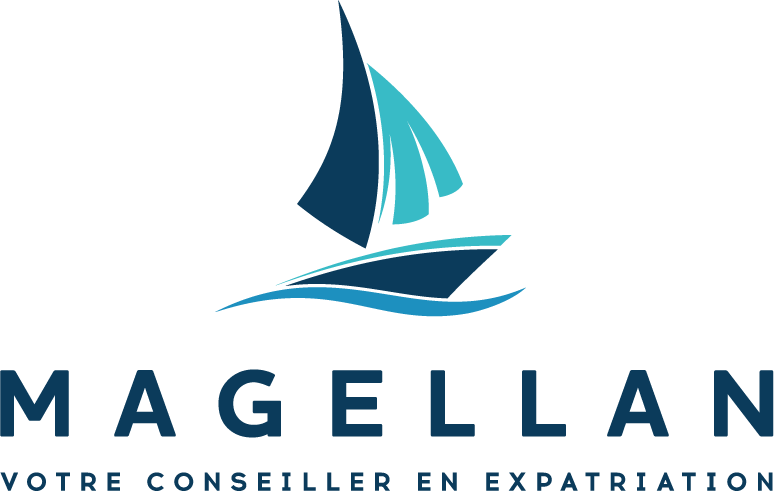
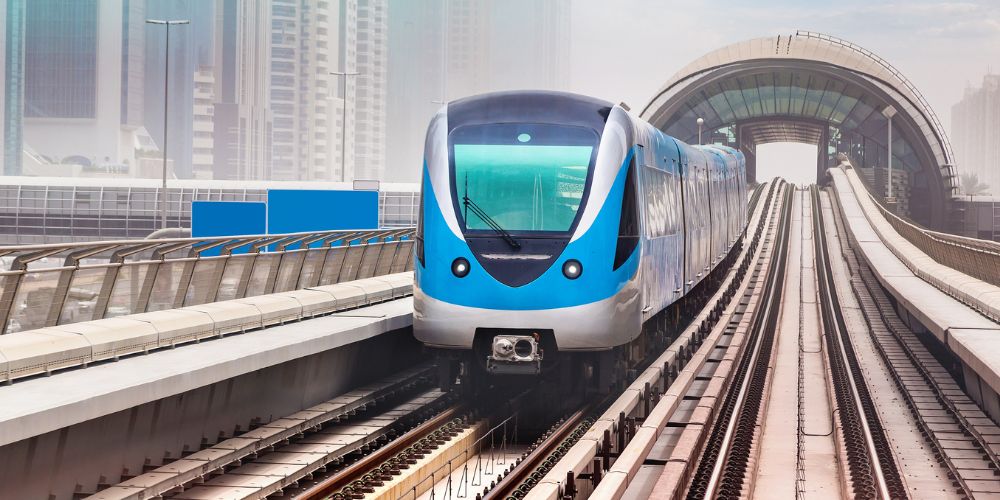
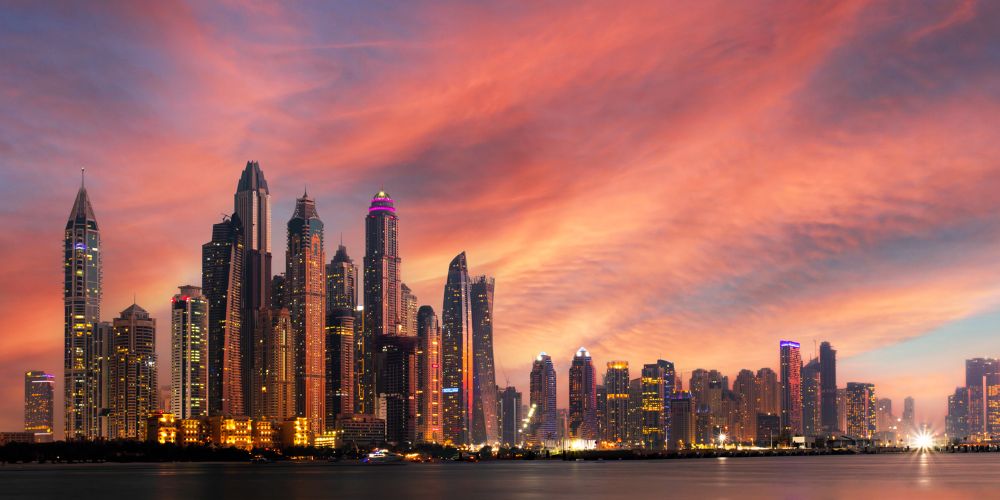
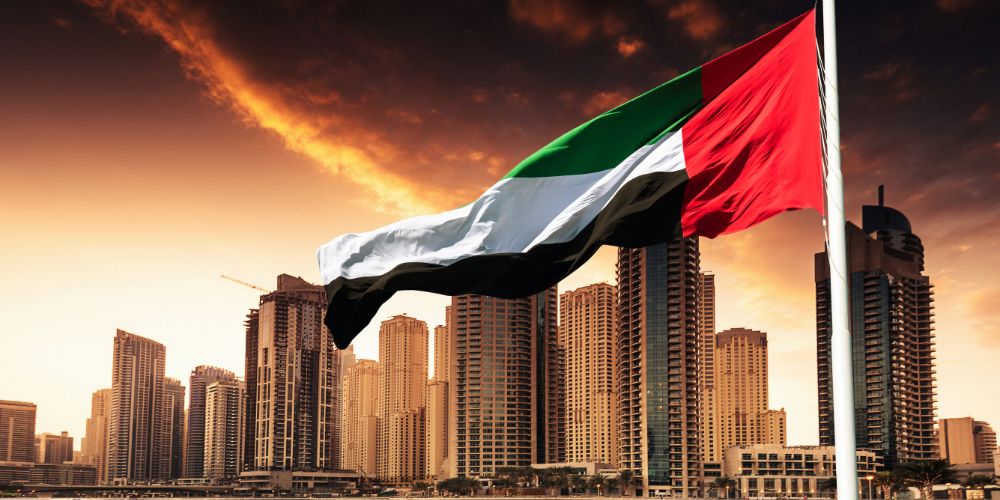
Leave a Reply